What is Intermittent Fasting anyway? It seems to be all the rage and from talking to people I think there is some underlying confusion on the topic, so hopefully I can help clarify some information for you. Intermittent fasting focuses on WHEN to eat, not what to eat. The idea is to abstain from food for longer than you normally would, giving the body a break from constant food digestion, (it's a process and the body works hard to break your food down). This time allows your gastrointestinal tract time to "regroup". There is actually something called a "motility complex" which is like a wave that goes through your GI tract cleaning and clearing out any debris. If you ever get that "growling" stomach or your stomach rumbles that is the "motility complex" at work - don't worry, it's a good thing!
So, how do you do it? I believe the easiest way is the 16/8 method. You fast for sixteen hours per day and eat within an eight hour window. The sixteen hours of fasting includes sleep, (which hopefully equates to 8-9 hours). For example, you could stop eating at 7-8 pm, skip breakfast and eat lunch at 12 -1 pm.
I know this sounds easy enough, and that's because it is, but there are some who SHOULD NOT TRY INTERMITTENT FASTING. These include: those that are pregnant, anyone with eating disorders, emotional eaters, binge eating tendencies and people under high stress. The reasons for this is that intermittent fasting does not give you a license to eat whatever you want, (some may feel that way). You can't fast and devour junk within your eating window, so if you have binge eating tendencies it's not a good idea. If you're stressed, hunger can increase the stress hormone cortisol, leaving you "hangry" and lead to blood sugar imbalances, (ever had the shakes and sweats from waiting too long to eat)?
There are tremendous benefits if you don't fall into one of those categories above. Firstly, it's SUPER EASY and straight forward. You simply forgo food for a certain period of time each day. Second, it helps support a healthy weight by revving up the fat burning. You enter a temporary state of "ketosis" which enables the body to burn fat for fuel instead of glucose, (sugar). Third, it helps support cognitive function - who doesn't yearn for a clearer mind? It also helps boost immunity, normalize blood pressure and lower inflammation. Sounds awesome, right!
Just a note to explain how fasting kickstarts ketosis, (the body’s natural fat-burning state that occurs when it is deprived of glucose). IMF forces your body to use up fat stores as fuel. When you eat, your body uses glucose (sugar) as it's primary source of energy and stores whatever is left over as glycogen in your muscles and liver. When in a fasted state, your body is already producing it's own ketones. This is what gives you energy in the absence of the immediately-usable glucose that comes from eating higher amounts of carbs. When you don't give your body a steady stream of glucose, it begins to break down the glycogen as fuel. After the glycogen has been depleted, your body seeks out alternative sources of energy, such as your fast cells. This is very similar to a ketogenic diet, in which you deprive your body of carbs and force it to use up stored fat for energy.
So, to sum this up. You should give IMF a try if: you want to simplify your lifestyle; you want to support cognitive health; you want to promote a healthy weight or you're looking for a way to reduce your daily caloric intake without dieting. In your fasting window, you can consume liquids, such as water and tea. I'm not a fan of consuming coffee as it can lead to blood sugar imbalances and stress the body.
So, give IMF a go one day and let me know how you get on! Just remember, it WON'T UNDO A POOR DIET, so please focus on FANI (food as nature intended) during your eating window.


